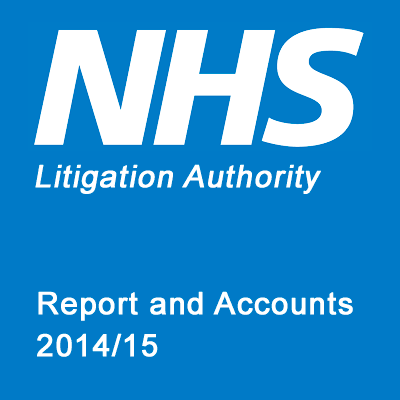
The recent annual report of the NHS Litigation Authority has targeted the rising costs of clinical negligence claims. According to the report, 1% of the annual NHS budget was spent on claimant legal costs.
The amount of damages and costs are rising, but so too are the number of accidents, and the Association of Personal Injury Lawyers is urging the government to focus on reducing the number of accidents rather than going after claimant costs. The NHS LA has set aside £26bn to cover outstanding liabilities, and introducing fixed costs could save around £80m. However, personal injury lawyers believe while the focus on reducing accidents is a worthwhile one, it may be misguided due to the number of meritorious and legitimate claims that still exist. Without the possibility of claims against negligent providers, real change in practices may not occur.
The increase in the number of reported incidents that the NHS LA raises could be a positive shift that it indicates a better reporting culture aimed at improving patient safety. According to a research carried out this year by Patient Claim Line, a specialist medical malpractice team, 14% of people claiming for medical negligence injuries are ultimately persuaded to do so by a medical professional.
In 2014/15, 66% of clinical negligence expenditure went on damages, 25% on claimant costs and 9% on defendant costs. Claimants in all claims resolved in 2014/15 collectively sought £326m in legal costs, but either settled for, or were ordered by the court to accept, £219m. This means the NHS LA reduced costs by a third on average.
The proposal to cap legal costs has been met with strong opposition from claimant lawyers. Jonathan Wheeler, president of the Association of Personal Injury Lawyers, said: “Savings could be made if the NHS LA were to admit liability where is it obviously due, rather than defend until the door of the court and then settle at the last minute, having run up huge costs on both sides along the way. The NHS would help the NHS LA in its commitment to defend public funds if it was to steer its focus on preventing harm in the first place and righting wrongs when they happen.
“The NHS LA is a ferocious defender and is clearly proud that 64% of claims are successfully defended in court. But just because the NHS did not have to pay any compensation does not mean that the claimants did not have valid cases, or that they are deceitful for pursuing claims. … While the NHS LA should rightly protect the public purse, it is unfair to suggest that unsuccessful claims were ever ‘unmeritorious’.”
The annual report identified a number of “potential drivers” of clinical negligence, including an increase of the number of patients being treated by the NHS, reported incidents and lower value claims. The NHS LA has also flagged that there are some cases in which claimant legal costs have been disproportionate in relation to the value of the claims; while this may be true, there are numerous reasons why. For example, claimant legal costs arise when being required to establish the evidence of clinical negligence, and more time being spent undertaking significant investigatory work.
